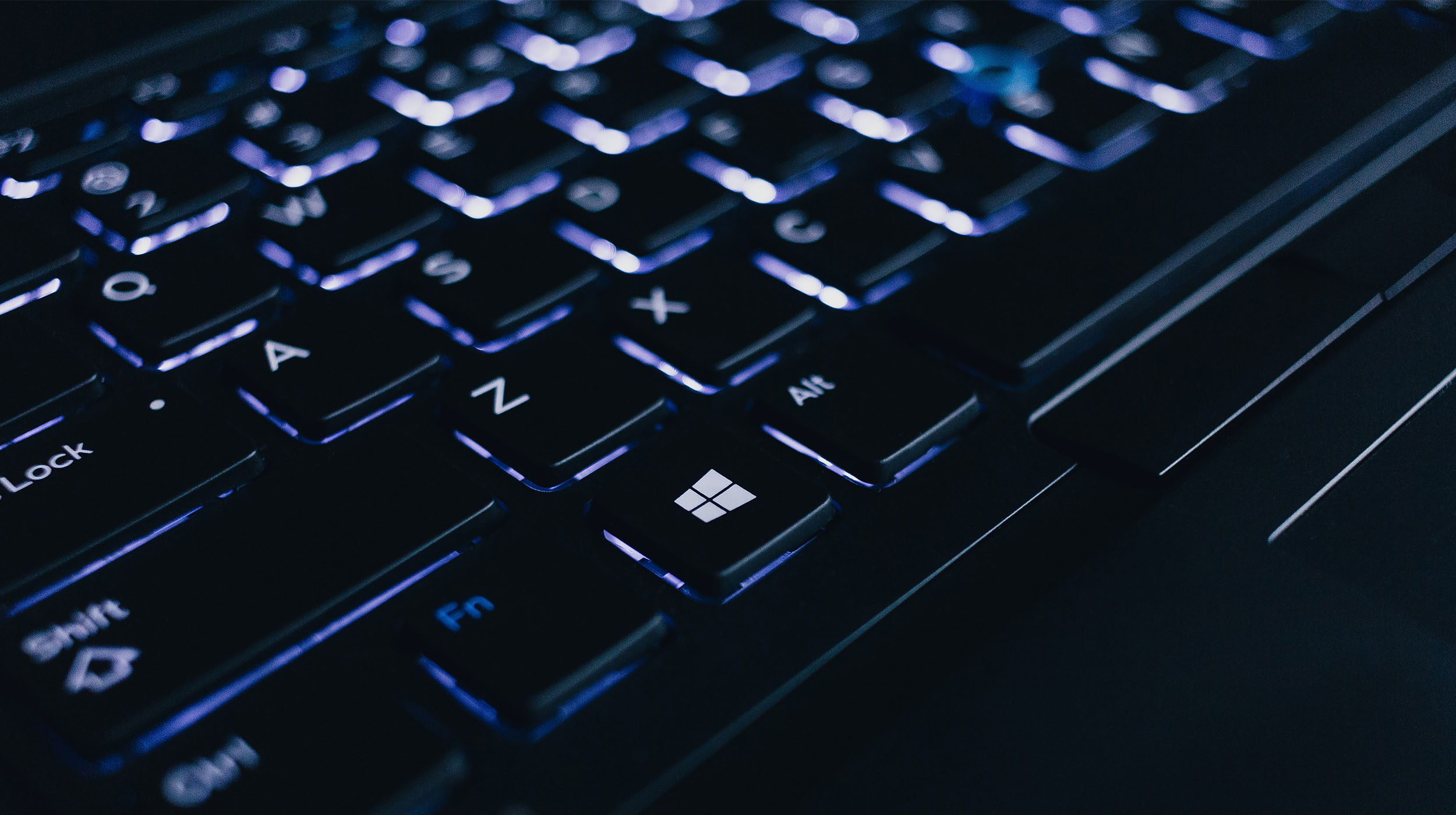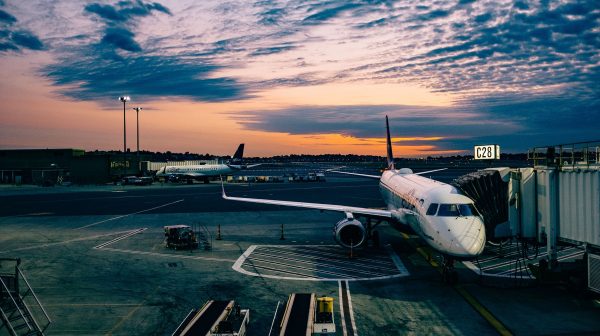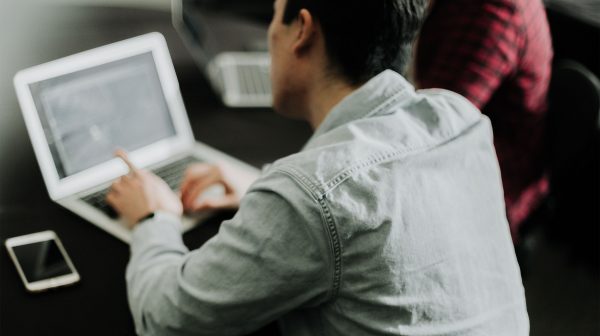Spotlight on Microsoft
To say Bill Gates is generous is a bit like saying he is smart—words fail to capture the depth of meaning. Since 1994, the Bill and Melinda Gates Foundation has donated over $50 billion to charitable causes with a primary focus on funding research to develop vaccines that could eliminate diseases with the highest global death rates. So, it comes as no surprise that Microsoft, the company he founded, was one of the first companies to send employees home, responding quickly and seriously to initial reports of a global pandemic.
When Gates and his childhood friend, Paul Allen, started Microsoft, in 1975, they were fearful of hiring too many employees because they never wanted to be in a position where they couldn’t make payroll. This sense of responsibility for others and a commitment to humanity became a core value at Microsoft that endures after Gates’ departure over six years ago.[1] COVID 19 has put these values to the test in real time. Living up to the original vision of the founders, Microsoft has pledged no layoffs and committed to paying all employees and contractors during the crisis. And employee benefits don’t stop there. Parents who are expected to work from home have an extra challenge when their children are home too. The company anticipated the difficulties and responded with a solution: The”12-Week Paid Pandemic School and Childcare Closure Leave” program for all full-time employees with children, to enact at any point during their employment.
At Microsoft, creating a culture where all voices are valued, empowers employees and that is how societal empowerment is promoted. Recently, a group of employees sent a letter to CEO, Satya Nadella, requesting the company drop all police contracts in light of recent protests against police brutality—a display of activism that is encouraged.2 The letter followed the Nadella’s pledge to donate $1.5 million to organizations fighting racism, including: the Minnesota Freedom Fund, the Black Lives Matter Foundation and the Innocence Project. This example is emblematic of the Microsoft perspective—problems are multi-faceted, complex, and often require more than one solution.
Microsoft’s response to challenges are often inclusive of factors others choose to ignore because of its deep-dive problem-solving approach—a process perhaps borrowed from its founder’s famously coined, “Think Week.” The pandemic exposed problems that have gone unresolved for decades and highlight the inequities communities of color face. Acknowledging the pervasiveness of the pandemic is the first step to an appropriate response. The pandemic has created a domino-like effect in these neighborhoods, beginning with greater exposure to COVID-19 to loss of shelter, income, education, food, access to healthcare, and more. The disparity is not lost on Microsoft. In just one week, Microsoft shifted efforts to communities hit by COVID-19 and donated 30,000 lunches to local families, 240,000 surgical masks, and 35,000 hand sanitizers. To date, Microsoft has supplied hundreds of thousands of meals to low-income communities and around 12,000 pounds of food to Food Lifeline.
Microsoft took a larger stance on education as the pandemic caused schools to shutter—directing their focus locally and globally. In response to the potential educational gap and risk to underserved populations who might not have access to online resources, Microsoft partnered with UNICEF to release the Learning Passport, a platform initially designed to provide education for displaced and refugee children through digital remote learning. It has now been released worldwide and available to anyone with a curriculum capable of being taught online.
“Just as COVID-19’s impact has no borders, its solutions must not have borders, as it requires the collaboration across public and private sectors to ensure every student stays engaged and continues learning,” Brad Smith, president of Microsoft.
The company has not stopped there. In partnership with the Office of Superintendent of Public Instruction (OSPI) and state agencies, Microsoft is working to develop free and accessible remote digital learning, including: making its products, Virtual Classroom and Teams available on a free trial to school districts, free EdTech courses, and virtual training to get teachers up to speed on Teams and other tools.
Incredibly, despite being responsible for creating personal computing and founding one of the most successful companies in history, the legacy Gates will leave behind for generations to come will be as the greatest humanitarian and philanthropist of our time. Perhaps, it is through his own words that we can better capture the significant impact he has made on the brand values at Microsoft, and most importantly, the world at-large:
“I hope you will judge yourselves not on your professional accomplishments alone but on how well you treated people a world away who have nothing in common with you but their humanity.”
[1] Gates was CEO until 2000 when Steve Ballmer took over the role. Microsoft’s current CEO, Satya Nadella, took over in 2014. Gates was director of the board at Microsoft until 2014, but began dedicating more of his time to the Bill & Melinda Gates Foundation in 2008. In 2000, Gates and his wife, Melinda, combined three family foundations and Gates donated stock valued at $5 billion to create the charitable Bill & Melinda Gates Foundation, which was identified by the Funds for NGOs company in 2013, as the world’s wealthiest charitable foundation, with assets reportedly valued at more than $34.6 billion.
2 The Human Rights Campaign Corporate Equality Index, a report of how progressive the organization deems company policies towards LGBT employees, rated Microsoft as 87% from 2002 to 2004 and as 100% from 2005 to 2010 after they allowed gender expression.
Discover more Brand Acts of Kindness
Get in touch to Nominate a Brand
About Brand Acts of Kindness®
Brand Acts of Kindness® is a series from Carpenter Group that spotlights companies across industries that are living their brand values in addressing the unprecedented challenges facing the world today.
The series initially headlined companies assisting healthcare workers and first responders, as well as communities, businesses and families impacted by the COVID-19 pandemic. We also highlight brands taking the lead in supporting social and racial justice, LGBTQ rights, sustainability and the environment. Their stories show how innovation, resolve and action, built on a solid value proposition, can both strengthen a brand and help create a better world.
About Carpenter Group
Carpenter Group is an independent, woman-owned strategic branding,
messaging and marketing communications firm that has delivered results-driven solutions to financial, professional services and technology firms for 30+ years.
Our broad cross-discipline experience enables us to craft brand messaging and carry it through to the channels that most effectively connect with our clients’ target audience, from editorial content to advertising to event marketing and more.




